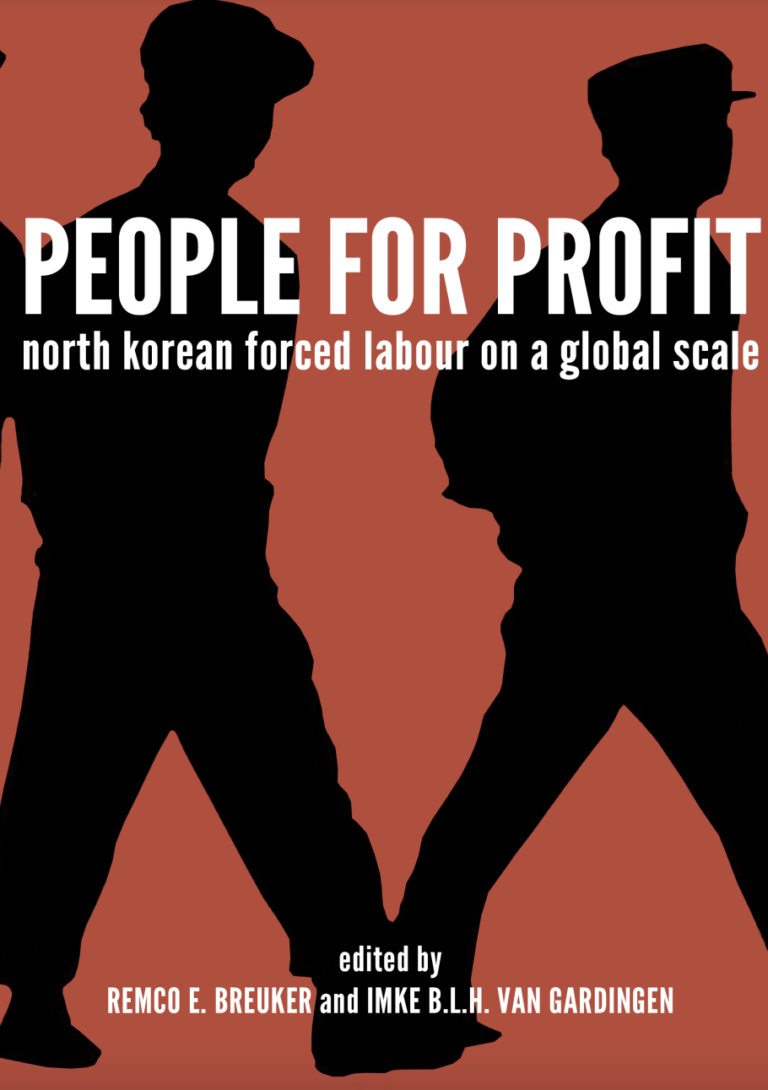Between 1998 and 2008, several hundred North Koreans worked for roughly ten Czech companies. They were mostly young women employed in the shoemaking, textile, and food industries. Initially, their presence attracted little attention from the media or state authorities. However, as media coverage increased, so did interest in their working and living conditions. In particular, journalists inquired about salaries and the workers’ freedom of movement and communication. The workers from North Korea were labelled as modern slaves and it was suspected that most of their earnings were handed over to the North Korean authorities, thus helping to fund Pyongyang’s nuclear and ballistic programmes. Kim T’aesan ( 김태산 ), a former North Korean diplomat stationed in the Czech Republic at the time witnessed workers having to hand over more than fify per cent of their salaries for the benefit of the North Korean regime. His observations contributed to the fact that, in mid-2006, the Czech government decided to stop issuing the necessary work visas. In February 2008, the last North Korean labourers left the Czech Republic and thus the country joined other nations that, for political and human rights reasons, have decided to end these practices.
The phenomenon of North Korean workers in Czech firms is currently not well researched in either the Czech or English languages. While aiming to fill the knowledge gap, this chapter describes and analyses, within the context of the Czech case study, the main characteristics of the system of acquiring a North Korean workforce. In addition, it describes the overall working and living conditions of North Koreans, as well as the situation in individual companies, and the attitudes of employers, state authorities, and international actors.
The main findings of the research are presented in the summary. This chapter argues that, although the North Korean workers enjoyed relatively better living and work conditions compared to those in other countries, they were subjected to extensive control by North Korean managers and minders, including restrictions on freedom of movement and communication. Furthermore, they were obliged to hand over a substantial part of their salaries to the North Korean authorities, who subsequently sent the money to North Korea via their business entities in China. In the years 1998-2004, when scrutiny from journalists and the Czech state authorities was not as extensive, the workers were left with such little money that they experienced hunger and malnutrition. The situation improved with the increase in media attention and inspections by both the Labour Office and the Foreign Police. Although it was primarily a political decision, international criticism catalysed by the foreign media, as well as the witness Kim T’aesan, finally pressured the Czech government to end the practice of issuing working visas to North Korean applicants.

